Twitter: FG to lift ban in few days

- The Nigerian government has stated that the Twitter ban will be lifted in a “few days.”
Lai Mohammed, the Minister of Information and Culture, said this while taking questions from State House journalists at the end of President Muhammadu Buhari’s cabinet meeting on Wednesday.
Mr Mohammed stated that conversations with the social media behemoth are progressing.
“I believe Twitter itself gave what I’ll call a progress report on our talks with them two days ago, and I believe it was productive and respectful, if I quote them correctly.
“And, as for the qualifier for when or how soon, I can assure you that the time between when Twitter was suspended and when it will be restored is by far, much, much shorter.
“I can assure you that it is by far,” he said. “If the operation has been suspended for about 100 days, I can tell you that we are only talking about a few, just a few more days now,” he said.
Nigeria banned Twitter on June 4, two days after the microblogging site deleted a controversial message by President Muhammadu Buhari.
The government justified the ban, which went into force almost immediately, by citing “consistent use of the platform for activities that are capable of undermining Nigeria’s corporate existence.”
The government also told broadcasters to stop giving the platform “patronage.” It called the broadcast stations’ continued use of it “unpatriotic.”
The broadcast regulator’s directive was slammed by media and human rights organisations as “illegal” and an attack on press freedom, but major broadcast stations stayed off Twitter to comply with the order.
The Nigerian government suggested in August that the temporary ban on Twitter could be lifted soon, with Mr Mohammed indicating that talks with Twitter were still underway and that numerous agreements had been made.
Many Nigerians, civil organisations, and the foreign world have criticised the ban on Twitter.
The government’s ban on Twitter, according to the world community, paints Nigeria in a negative light in the eyes of its residents, potential investors, and company owners.
Activists claimed the ban was undemocratic more than 100 days after it was imposed, while authorities claimed it was necessary to defend the country’s business existence.
The prohibition has been criticised by opposition leaders and civil society organisations, and several rights groups have filed a lawsuit against the Nigerian government in the ECOWAS Court.






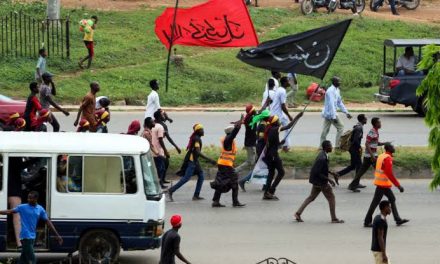




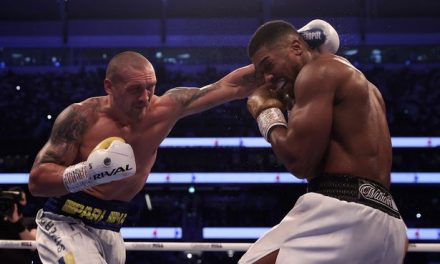




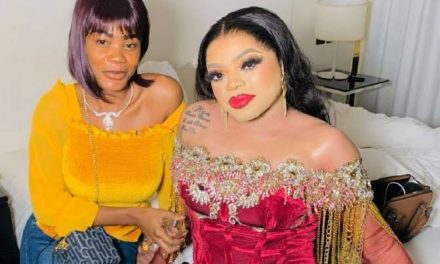

























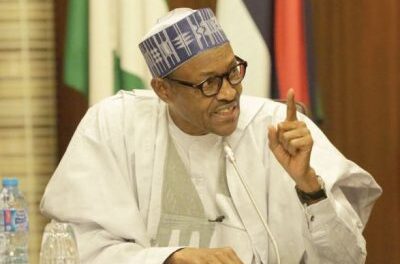

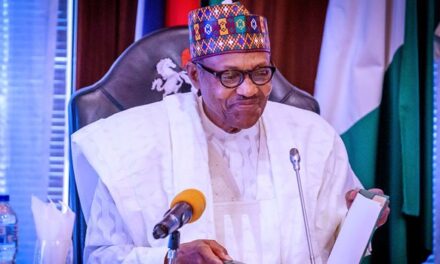




0 Comments